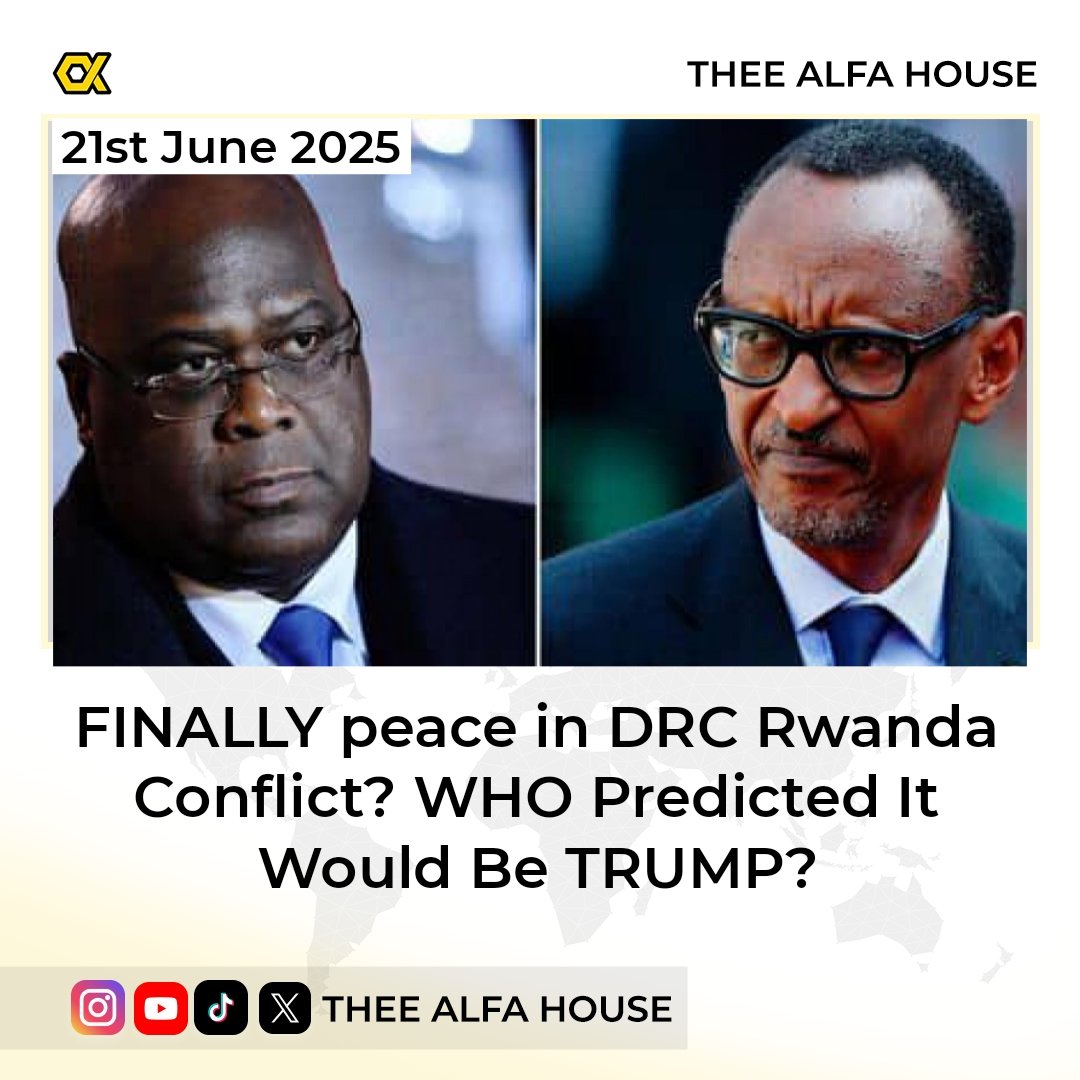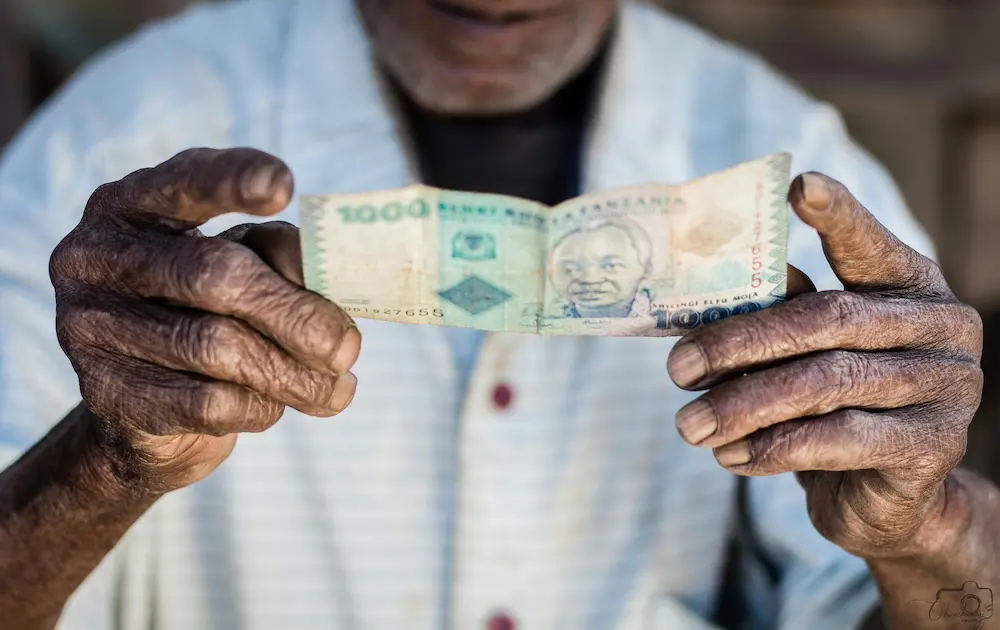DRC–Rwanda: Is Trump’s Peace Deal Doomed to Fail? Risks, Realities & What Comes Next

DRC–Rwanda: Is Trump’s Peace Deal Doomed to Fail? Risks, Realities & What Comes Next
The peace agreement signed between the Democratic Republic of Congo (DRC) and Rwanda in Washington last June, brokered by Donald Trump, offered hope for lasting stability in the Great Lakes region. Yet the broader diplomatic process, especially ongoing Doha negotiations with the rebel group M23, has sparked questions: Could this promising “Washington Accord” unravel before it takes root?
Key Milestones: The Washington Peace Deal & Doha Diplomacy
On June 27, 2025, foreign ministers from the DRC and Rwanda signed a U.S.-mediated peace treaty in Washington. The deal committed both governments to respect territorial integrity, withdraw Rwandan forces within 90 days, and establish a joint security coordination mechanism, as well as a regional economic integration framework to attract Western investment :contentReference[oaicite:1]{index=1}.
Crucially, the rebel group M23 was not party to that agreement. Doha-based negotiations—facilitated by Qatar—between the DRC and M23 led on July 19 to a declaration of principles, including a ceasefire and a pledge to finalise a comprehensive agreement by August 18 :contentReference[oaicite:2]{index=2}.
Implementation Risks: Why Doha Is Now the Decider
Success depends on whether Doha talks concretely resolve unresolved issues:
- M23’s ambiguous role: Though part of the Doha declaration, M23 did not formally endorse the Washington Accord and insists it’s not bound by it :contentReference[oaicite:3]{index=3}.
- Incomplete confidence‑building: Measures like troop withdrawal, prison releases, re-establishing banking in rebel-held areas remain stalled :contentReference[oaicite:4]{index=4}.
- Shifted interpretations: Kinshasa insists on full M23 withdrawal, while rebel leaders speak of “state empowerment” rather than ceding territory :contentReference[oaicite:5]{index=5}.
- Justice and accountability gap: The Washington deal largely omits reparations or prosecutions for human rights abuses—central demands from victims and civil society :contentReference[oaicite:6]{index=6}.
Regional Stakes & Economic Dimensions
The conflict is both geopolitical and economic. Eastern DRC is rich in cobalt, lithium, copper, and gold, making the deal a strategic entry point for U.S. and foreign investment. Critics warn that the accord may prioritize resource access over genuine local benefit :contentReference[oaicite:7]{index=7}.
Meanwhile, M23’s seizure of Goma and Bukavu earlier this year raised global alarm. Allegations that Rwanda backed the rebels fuel distrust, which neither the Washington nor Doha agreements fully alleviate :contentReference[oaicite:8]{index=8}.
International Oversight & Diverging Approaches
The UN Security Council passed Resolution 2773 in February 2025, calling for M23 to halt offensives and for Rwanda to withdraw military support. It urged both governments to resume inclusive peace talks :contentReference[oaicite:9]{index=9}.
Actors such as Qatar, the United States, the EU, and the African Union continue to apply diplomatic pressure. Donald Trump touted the deal as vital for U.S. investment and regional stability, even calling it a symbol of global peacemaking ambition :contentReference[oaicite:10]{index=10}.
Meanwhile, European sanctions target Rwandan officials and M23 leaders. Despite those efforts, local voices express skepticism: many believe the deal lacks genuine accountability and excludes crucial local communities :contentReference[oaicite:11]{index=11}.
Possible Scenarios: Will the Deal Hold?
- Optimistic outcome: Doha mediators finalize agreements by mid-August, leading to M23’s withdrawal, demobilization, and state reintegration efforts.
- Stalemate: Negotiations drag without major breakthroughs; confidence‑building steps falter and implementation stalls.
- Worst case: Doha fails, allowing M23 to leverage territorial control to dictate terms, weakening the Washington deal and risking renewed conflict.
Lessons Learned & Path Forward
As the UN’s Tom Fletcher noted, peace treaties lacking enforcement rarely succeed. Participants must ensure:
- Inclusive dialogue with rebel and civil society actors.
- Accountability measures for human rights abuses.
- Transparency in economic agreements to prevent extractive exploitation.
- Robust international monitoring and enforcement.
If Doha negotiations falter, the Washington Accord risks becoming symbolic window dressing rather than a lasting solution :contentReference[oaicite:12]{index=12}.
Related Coverage and Internal Resources
External References
- Reuters: Rwanda, Congo sign U.S.–brokered peace agreement
- Reuters: Congo and M23 sign declaration in Qatar
- AP News: Rebels sign principles declaration in Qatar
- UN Resolution 2773 on DRC conflict
Conclusion
Trump’s peace deal raised expectations—but its fate now hinges on Doha. Without credible engagement with M23, enforceable trust-building measures, and inclusive justice provisions, the Washington Accord risks collapse. The path to peace in eastern DRC depends not on ceremonies, but on concrete diplomacy, political will, and genuine inclusion.
DRC–Rwanda: Is Trump’s Peace Deal Doomed to Fail? Risks, Realities & What’s Next

DRC–Rwanda: Is Trump’s Peace Deal Doomed to Fail? Risks, Realities & What’s Next
The peace agreement signed between the Democratic Republic of Congo (DRC) and Rwanda in Washington last June, brokered by Donald Trump, offered hope for lasting stability in the Great Lakes region. Yet the broader diplomatic process, especially ongoing Doha negotiations with the rebel group M23, has sparked questions: Could this promising “Washington Accord” unravel before it takes root?
Key Milestones: The Washington Deal & Doha Talks
On June 27, 2025, foreign ministers from the DRC and Rwanda signed a U.S.-mediated treaty in Washington. The deal committed both governments to respect territorial integrity, withdraw Rwandan forces within 90 days, and set up a joint security coordination mechanism as well as an economic integration plan ([reuters.com](https://www.reuters.com/world/africa/rwanda-democratic-republic-congo-set-sign-peace-agreement-washington-2025-06-27)).
However, rebel group M23 was excluded from Washington. Doha negotiations—facilitated by Qatar—led on July 19 to a declaration of principles, including a ceasefire and a pledge to finalize a full agreement by August 18 ([apnews.com](https://apnews.com/article/f80166117d557991896ef89d4cd3a324), [reuters.com](https://www.reuters.com/world/africa/congo-m23-rebel-group-sign-declaration-principles-qatar-end-fighting-2025-07-19)).
Why Doha Talks Matter More
Doha must close these gaps:
- Inclusive signatories: M23 has not formally endorsed the Washington Accord and disputes its authority ([apnews.com], [aljazeera.com]).
- Confidence-building measures: Key steps—troop withdrawals, prisoner swaps, and banking access—are still pending ([reuters.com]).
- Territorial disputes: Kinshasa demands full withdrawal, while rebels speak of “state integration,” not territorial concessions ([apnews.com], [aljazeera.com]).
- Justice provisions: The Washington deal lacks compensation or prosecution clauses for human rights abuses ([dw.com], [faf.ae]).
Regional Stakes & Economics
Eastern DRC holds vast mineral wealth (cobalt, lithium, copper). Critics caution that international investment deals could prioritize profit over local benefit ([usip.org], [thenationalnews.com]). Meanwhile, M23’s capture of Goma and Bukavu—and alleged Rwandan support—remain unresolved trust issues ([bbc.com], [thetimes.co.uk]).
Global Oversight & Mixed Reactions
The UN Security Council adopted Resolution 2773 in February 2025, demanding troop withdrawals and inclusive talks ([un.org]). Qatar, the US, EU, and AU are engaged diplomatically. Trump framed the deal as a diplomatic victory and investment gateway ([washingtonpost.com], [usip.org]), while Europe has warned Rwanda via targeted sanctions and stressed accountability ([news24.com], [allafrica.com]).
What Could Happen Next?
- Best case: Doha finalizes an agreement by August, with M23 demobilizing and reintegrating under international monitoring.
- Stalemate: Talks prolong, implementation lags, and the Washington Accord stagnates.
- Worst case: Doha fails; M23 exploits its position, leading to renewed conflict and undermining Washington’s peace framework.
Recommendations for Durability
- Ensure inclusive peace with rebel and civil society participation.
- Embed justice mechanisms for past abuses.
- Link economic agreements to local development benchmarks.
- Implement robust international monitoring and enforcement.
Internal Resources
Further Reading
- Reuters: Rwanda, Congo sign peace agreement
- AP: M23 signs Doha declaration
- UN Resolution 2773 on DRC conflict
Conclusion
Trump’s peace deal started with promise, but its fate rests on Doha’s ability to incorporate M23, foster trust, and ensure justice. Without these, the Washington Accord risks remaining a symbolic achievement rather than a durable peace.
DRC–Rwanda: Is Trump’s Peace Deal Doomed to Fail?

DRC–Rwanda: Is Trump’s Peace Deal Doomed to Fail? Risks, Realities & What’s Next
Table of Contents
- Key Milestones: Washington Deal & Doha Talks
- Why Doha Talks Matter More
- Regional Stakes & Economics
- Global Oversight & Reactions
- What Could Happen Next?
- Recommendations for Durability
- Internal Resources
- Further Reading
- Conclusion
Key Milestones: Washington Deal & Doha Talks
In June 2025, the DRC and Rwanda signed a U.S.-brokered peace agreement in Washington…
Why Doha Talks Matter More
While the Washington Accord sets the foundation, ongoing Doha talks aim to bring rebel groups like M23 into the fold…
Regional Stakes & Economics
Eastern Congo’s mineral wealth is a key motivator behind the peace deal…
Global Oversight & Reactions
UN Resolution 2773, passed in early 2025, emphasized the need for demilitarization and inclusive dialogue…
What Could Happen Next?
- Successful implementation
- Negotiation deadlock
- Return to armed conflict
Recommendations for Durability
- Inclusive participation
- Justice mechanisms
- Transparent economic agreements
Internal Resources
Further Reading
Conclusion
Whether the Trump-brokered DRC–Rwanda peace deal endures depends largely on the outcome of the Doha process and the sincerity of parties involved…




